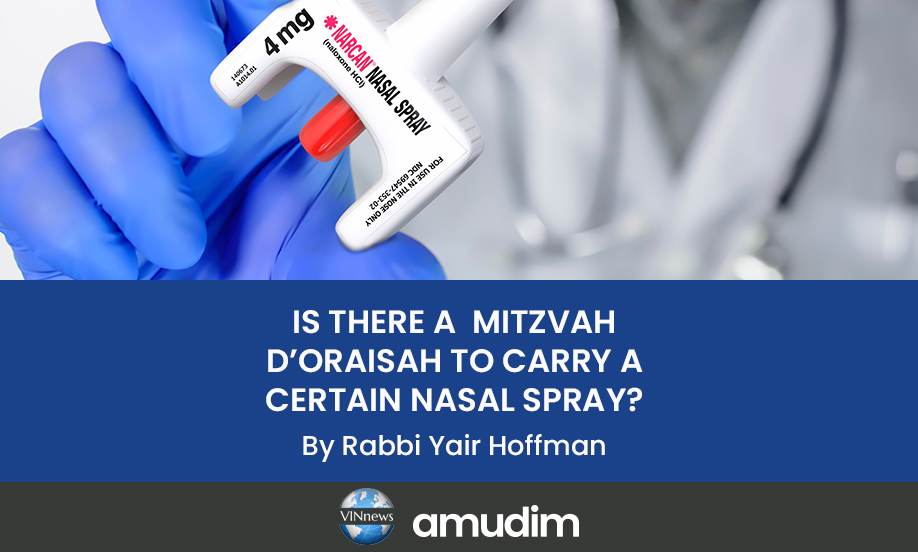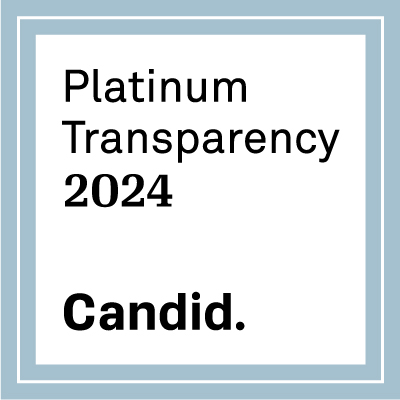
Before you stop reading – these 500 words can save one of the 50,000 lives that are lost each year. And it will also give you a Torah Mitzvah.
CLICK HERE TO REQUEST A FREE NARCAN TRAINING EVENT
The Gemorah in Kesuvos (21a) talks about an “inesh delo maalei” – a bad person. The Gemorah’s reference is to a forger, but bad people exist everywhere. But there is a new type of bad people “inshei delo maali” – who have entirely re-defined the term.
They have created new dangers that has caused death everywhere. These evil people have so dramatically changed the dynamic of everyday life that this author believes they have created a new prohibition and a new Mitzvah [i.e. new manifestations of previous prohibitions and mitzvos and not entirely new ones.]
Across the country, there are now fake prescription pills that contain (or are laced with) another type of drug that will kill people within a half hour. That drug is called fentanyl. This is no joke or exaggeration and there are many Jewish communities that are being affected, r”l. That drug is so potent that twelves grains of it (think salt grains) will kill an adult and certainly an adolescent. It is 50 times as potent as heroin and it is the cause of 84% of overdose deaths in this country.
Because of the existence of these inshei delo maali, we should calmly educate everyone that we should not be taking pills that others may offer us and only take pills that were prescribed and filled by a pharmacy. When we talk about it to our children and students, we should avoid using fear, but rather promote the strengths of our students and children, building up everyone’s capacity to make decisions carefully – with saichel and an eye out for safety.
This author believes that the danger of these newly counterfeited pills has reached the level of a Torah prohibition in taking a pill that someone else has offered. There are just too many incidents happening.
The new reality has also created what this author believes is a new Mitzvah. This past September, a new law was passed. When someone has accidentally overdosed on this drug or any opiate drug – there is a new nasal spray that can be administered to the victim that is available over-the-counter at pharmacies in most states. The spray is called Naloxone and it is available as either a nasal spray or an injection. In New York, one can find a pharmacy for it at this link. https://a816-healthpsi.nyc.gov/NYCHealthMap/home/ByServices?services=2
It is also relatively harmless if administered incorrectly. So what are the symptoms of an opiate overdose? There are seven and anyone of them can be a sign.
Small, constricted “pinpoint pupils”
Falling asleep or losing consciousness
Slow, weak, or no breathing
Choking or gurgling sounds
Limp body
Cold and/or clammy skin
Discolored skin (especially in lips and nails)
So why not carry it?
The author can be reached at yairhoffman2@gmail.com
By now, some people are asking what the Mitzvah is, The answer is as follows:
The verse in Parshas Ki Saytzai (Dvarim 22:2) discusses the Mitzvah of Hashavas Aveida, returning an object, with the words “vahashaivoso lo – and you shall return it to him.”
The Gemorah in Sanhedrin (73a), however, includes within its understanding of these words the obligation of returning “his own life to him as well.” For example, if thieves are threatening to pounce upon him, there is an obligation of “vahashaivoso lo.” In other words, this verse is the source for the Mitzvah of saving someone’s life. I believe this is the general mitzvah the Shulchan Aruch refers to in Shulchan Aruch Orech Chaim 325.
Lo Saamod Al Dam Rayacha
There is a negative Mitzvah of not standing idly by your brother’s blood as well. This is mentioned in Shulchan Aruch (CM 426:1) and in the Rambam. Collectively, if we adopt such a policy in having armed people in every Beis Midrash in Eretz Yisroel, we can ensure that we do not stand idly by our brother’s blood.
Lo Suchal l’hisalaym
There is yet another negative commandment associated with the positive commandment of Hashavas Aveida, and that is the verse in Dvarim (22:3), “You cannot shut your eyes to it.” This verse comes directly after the Mitzvah of Hashavas Aveidah. The Netziv (HeEmek Sheailah) refers to this Mitzvah as well.
V’Chai Achicha Imach
The Sheiltos (Sheilta #37), based upon the Gemorah in Bava Metziah 62a, understands these words to indicate an obligation to save others with you. The Netziv in his He’Emek She’ailah understands it as a full-fledged obligation according to all opinions. He writes that he must exert every effort to save his friend’s life – until it becomes Pikuach Nefesh for himself.
V’Ahavta l’Rayacha Kamocha
The Ramban, Toras haAdam Shaar HaSakana (p42-43) understands the verse of “and love thy neighbor as yourself” as a directive to save him from danger as well. Although he discusses the issue of medical danger, it is clear that this is an example, and it would apply to danger from physical enemies as well. Even without the Ramban, however, it is clear that defending and protecting someone from danger is a fulfillment of this Mitzvah.
yairhoffman2@gmail.com


